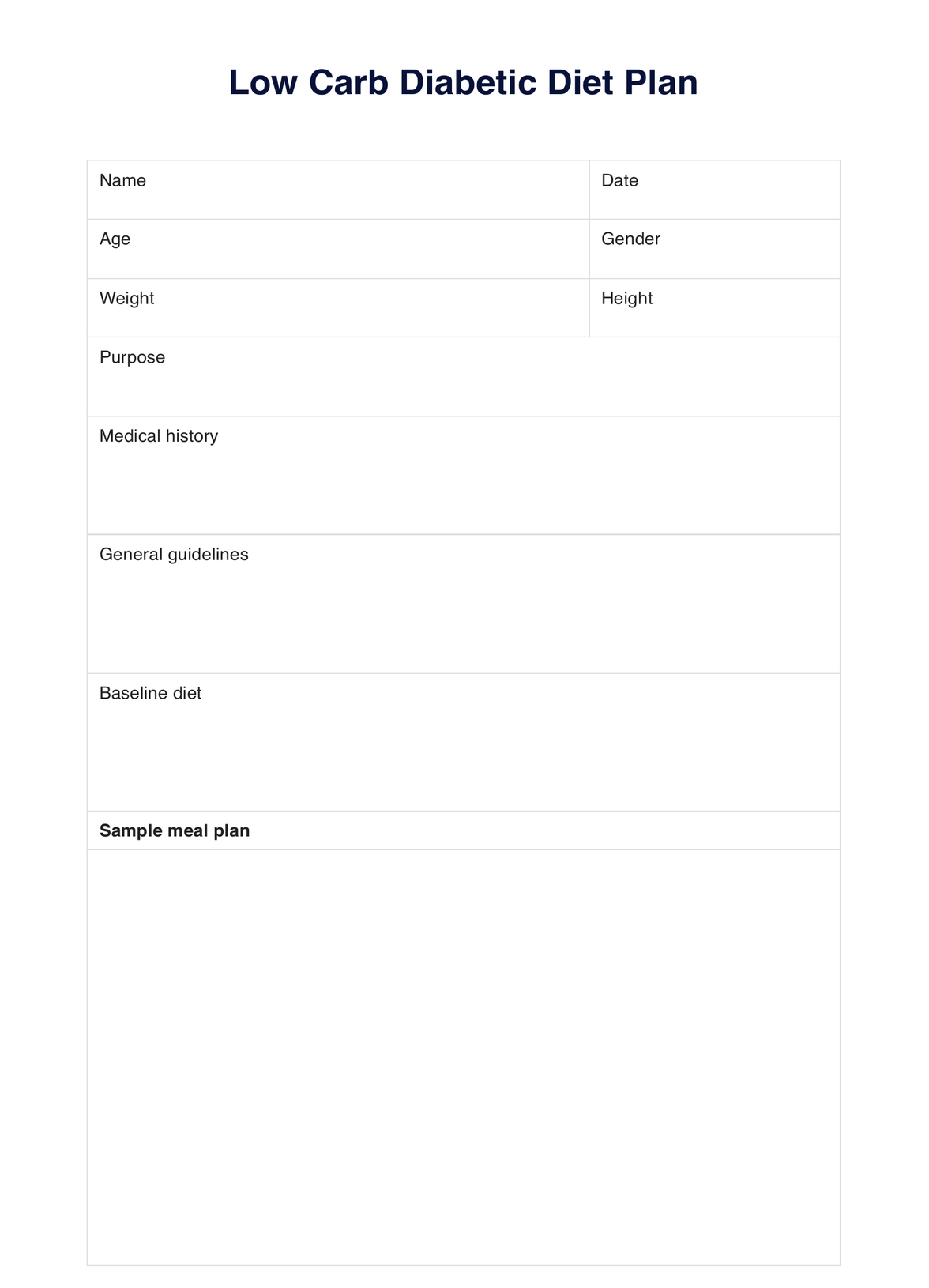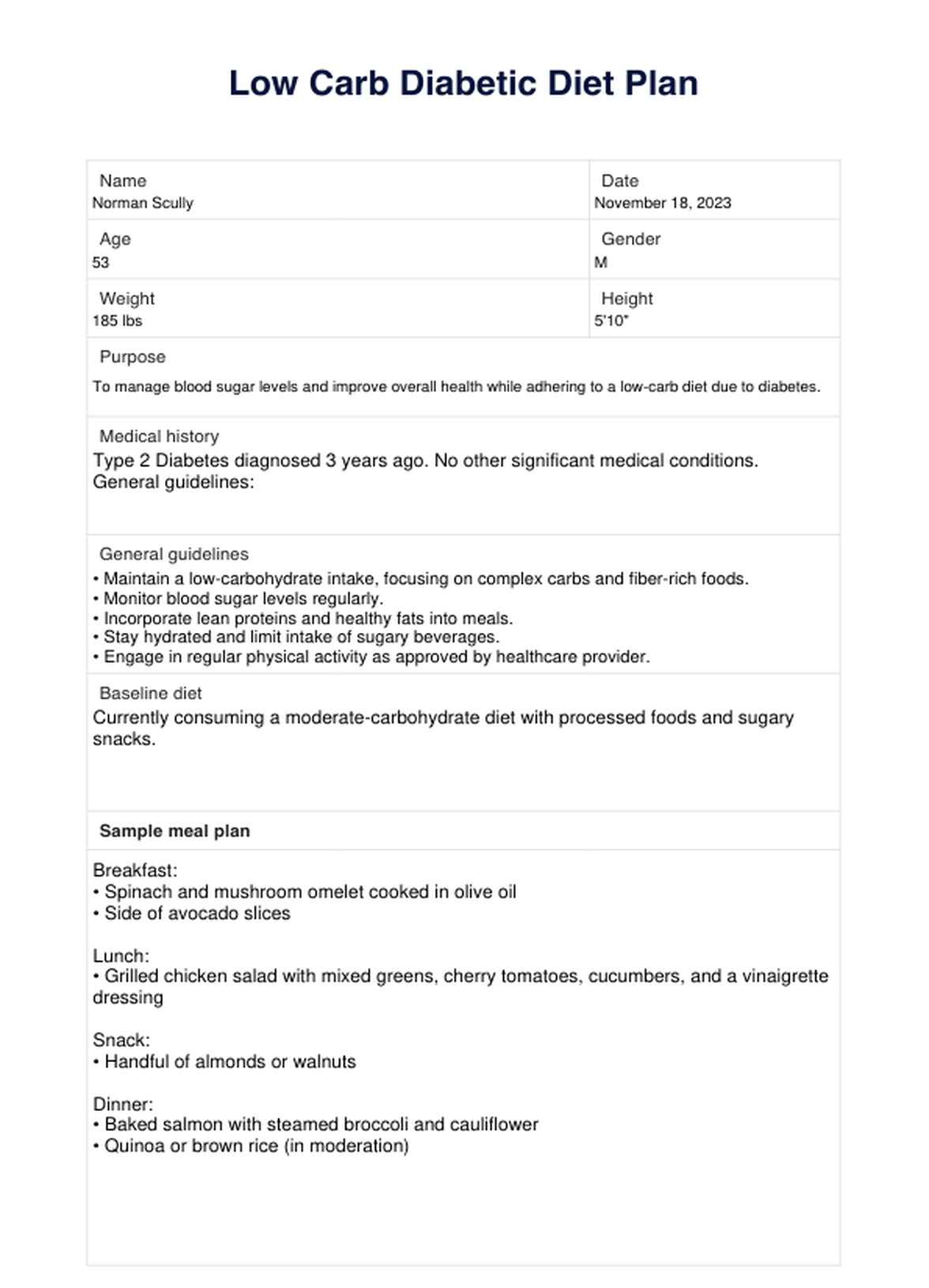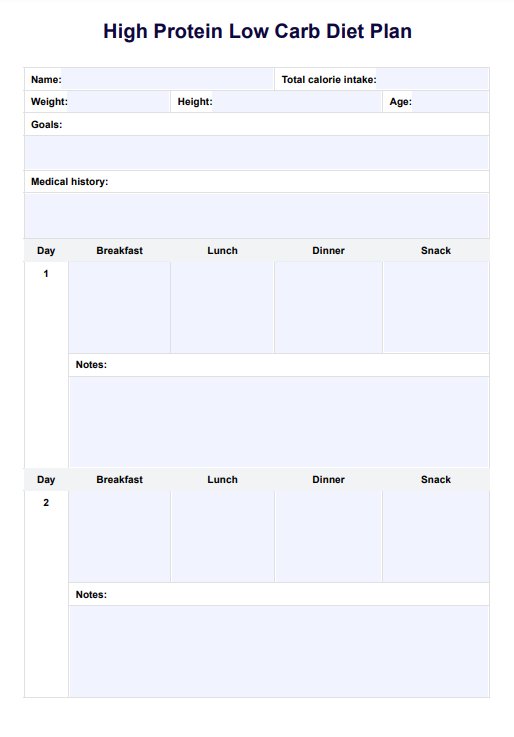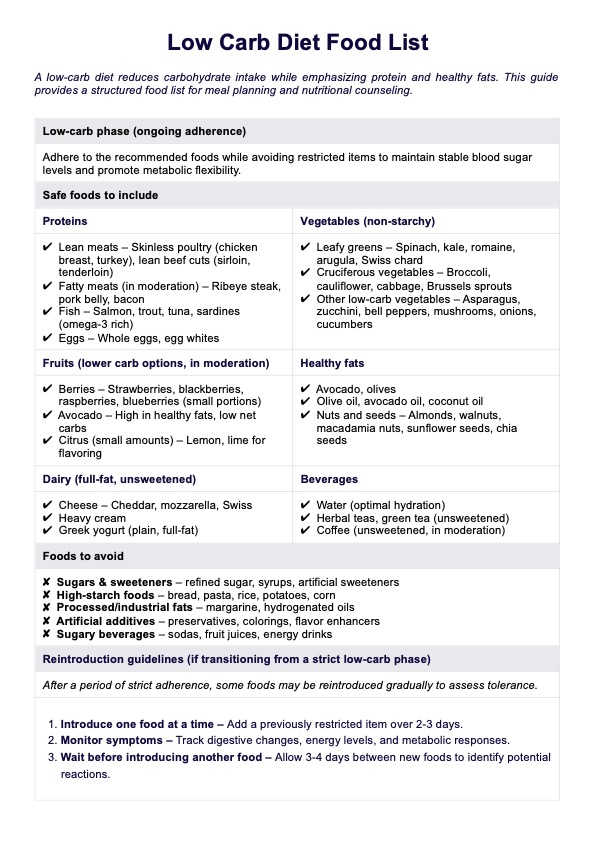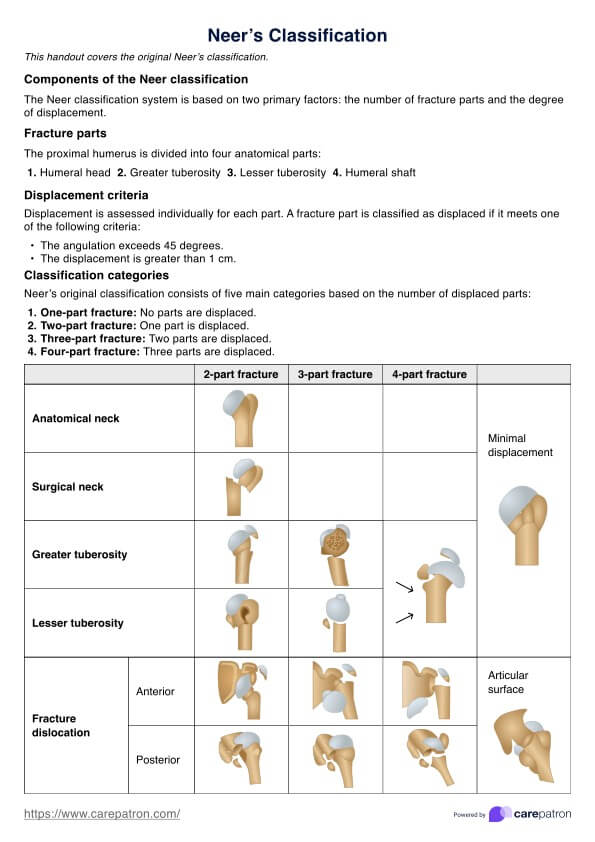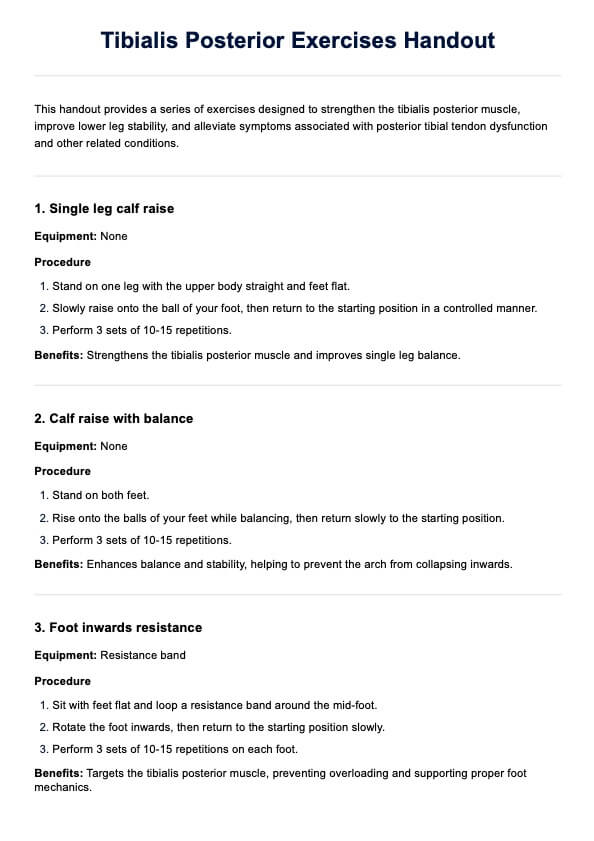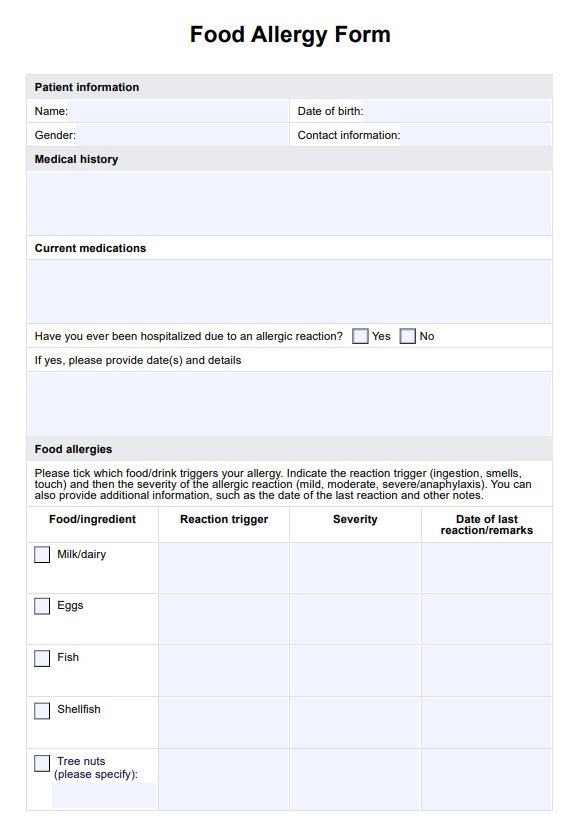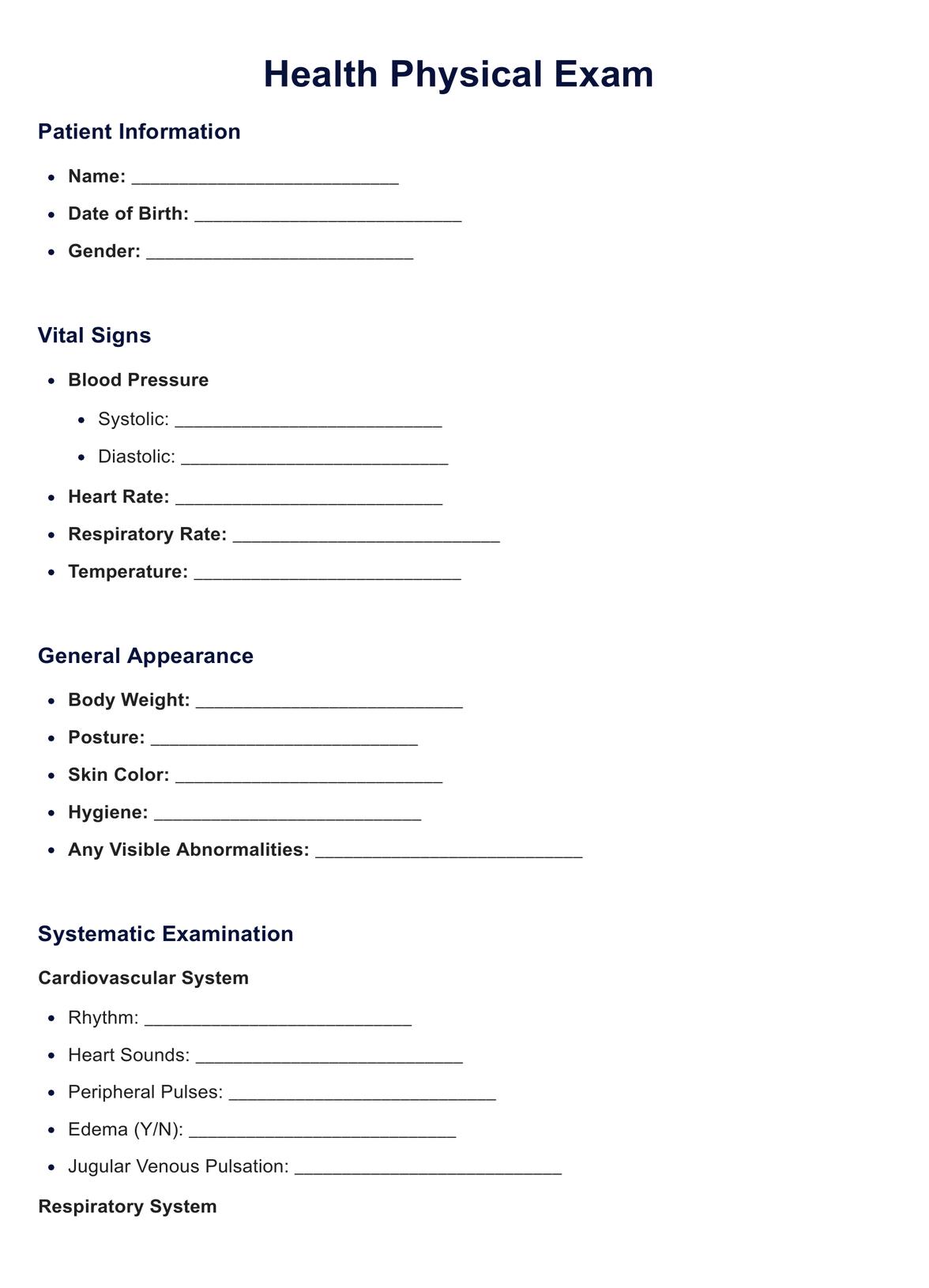Low Carb Diabetic Diet Plan
Learn how to create a Low Carb Diabetic Diet Plan with our comprehensive guide. Discover the benefits of a low carb diet for diabetes management and get helpful tips.


The long-term complications of unmanaged diabetes
Diabetes is a chronic condition that affects millions of people worldwide. If left unmanaged, it can lead to serious health complications such as heart disease, stroke, kidney disease, nerve damage, and eye problems. The good news is that proper management can prevent or delay many of these long-term complications.
One important way to manage diabetes is by following a healthy low carb diet. A low carbohydrate diet involves reducing the intake of carbohydrates in one's daily meals. Carbohydrates are nutrients found in many foods, such as bread, pasta, rice, fruits, and starchy vegetables. When digested, they are broken down into blood glucose (sugar), which enters the bloodstream.
High levels of blood glucose can cause problems for people with diabetes as their bodies either do not produce enough insulin or cannot use it to lower blood sugar more effectively. Insulin is a hormone that helps regulate blood glucose levels. Therefore, limiting carbohydrate intake can help prevent blood sugar spikes and improve blood sugar control.
Following a low carb diet can also help in weight loss or maintenance, which is essential for managing diabetes. Being overweight or obese increases the risk of developing type 2 diabetes and can worsen existing diabetes symptoms. Losing even a small amount of weight can improve blood sugar control and reduce the risk of long-term complications.
Low Carb Diabetic Diet Plan Template
Low Carb Diabetic Diet Plan Example
Can very low carb diets help manage diabetes?
In recent years, there has been a significant surge of interest in very low carb diets (VLCDs) to manage diabetes. These very low carbohydrate diets are characterized by consuming fewer than 50 grams of carbohydrates per day, a notable contrast to the recommended 45-60 grams per meal for individuals with diabetes.
The benefits of very low carb diets for people with type 2 diabetes are noteworthy. They can potentially result in improved blood sugar control and weight loss.
However, it is crucial to acknowledge that these diets may not be suitable for everyone and should be approached with caution. Moreover, meticulous monitoring of blood sugar levels and adjustments to insulin dosages may be necessary.
By carefully considering the potential advantages and consulting with medical professionals, individuals with diabetes can make informed decisions about incorporating very low carb diets into their diabetes management regimen.
What foods are best for a low carb diet for people with diabetes?
This diet should focus on whole, unprocessed foods such as no-starch vegetables, healthy fats, and lean protein sources. These include:
- Leafy greens (spinach, kale, lettuce)
- Cruciferous vegetables (broccoli, cauliflower, brussels sprouts)
- Berries (raspberries, strawberries, blueberries)
- Avocados
- Nuts whole grains and seeds (almonds, walnuts, chia seeds)
- Fatty fish (salmon, tuna, sardines)
- Lean meats (chicken, turkey, lean cuts of beef or pork)
Avoiding or limiting processed and high carb foods such as white bread, pasta, rice, sugary drinks, and snacks is important. These can quickly raise blood sugar levels and make it challenging to manage diabetes.
The impact of this diet plan on type 1 diabetes
While low carb diets can have significant benefits for people with type 2 diabetes, the same may not necessarily be true for those with type 1 diabetes. For individuals with type 1 diabetes, managing carbohydrate intake is crucial to maintaining stable blood sugar levels and avoiding complications.
Significantly reducing carbohydrates in the diet can decrease insulin requirements, increasing the risk of hypoglycemia (low blood sugar). Individuals with type 1 diabetes need to work closely with their healthcare team when considering a low carb diet to ensure proper management and avoid potential complications.
On the other hand, research has shown that low carb diets can have significant benefits for those with insulin resistance and type 2 diabetes. These benefits include improved blood sugar control, weight loss, and reduced risk of cardiovascular disease.
What to eat on a low-carb diet for diabetes?
When following a low carb diet, it is important to focus on nutrient-dense foods that are low in carbohydrates. These no-carbohydrate foods include non-starchy vegetables such as spinach, kale, and lettuce; cruciferous vegetables like broccoli and cauliflower; berries; avocados; nuts and seeds; fatty fish like salmon; and lean meats.
Non-starchy vegetables should comprise the bulk of carbohydrates in this diet, as they are high in fiber and have minimal impact on blood sugar levels. Including various vegetables without starch in meals can provide essential vitamins, minerals, and antioxidants.
Healthy fats, such as those found in avocados, nuts, and fatty fish, are an important part of a low carb diet for diabetes. They can help with satiety and provide necessary nutrients for overall health.
Limiting or avoiding sugary and starchy foods such as white bread, pasta, rice, potatoes, and sweets while following a low carb diet is also essential. These foods can quickly raise blood sugar levels and make it difficult to manage diabetes.
Foods to avoid on a low carb diet for diabetes
While following this diet, it is crucial to limit or avoid foods that are high in carbohydrates. These include snack foods:
- Sugary beverages such as soda, juice, and sweetened coffee or tea
- Processed and packaged snacks like chips, crackers, and cookies
- Grains such as wheat, rice, oats, kidney beans, and corn
- Starchy vegetables like potatoes, corn, green beans, and peas
- High sugar fruits such as bananas, grapes, and mangoes
People following the diet should also avoid highly processed carbohydrate foods and high-fat meats like bacon, sausage, and deli. These foods can increase the risk of heart disease.
Tips to maintain a healthy diet plan
Here are some tips to give your clients a low carb diet for diabetics that is both effective and healthy:
Encourage clients to track their carbohydrate intake
This can help them better understand the amount of carbohydrates they consume and make necessary adjustments to achieve their goals. By keeping a record of their carb intake, clients can identify patterns, recognize sources of hidden carbs, and find opportunities for improvement in their diet.
Recommend incorporating lean protein sources
Incorporating lean protein sources, such as chicken, fish, and tofu, into their meals provides essential nutrients and helps clients feel satisfied and full for longer periods. This can be particularly beneficial when following a low carb diet, as it allows for better control of carbohydrate intake while still meeting their nutritional needs.
Promote regular exercise
Regular physical activity is important not only for overall health but also for managing blood sugar levels. Encouraging clients to engage in exercises they enjoy, such as walking, cycling, or strength training, can help them regulate their blood sugar levels, improve insulin sensitivity, and enhance their overall well-being.
Emphasize the importance of vegetables without starch
These veggies, including nutrient-rich options like broccoli, spinach, and peppers, are low in carbohydrates and packed with essential vitamins, minerals, and fiber. These vegetables can play a crucial role in a healthy low carb diet, providing necessary nutrients while keeping carb intake in check.
Educate clients on reading food labels
Teaching clients how to read nutrition labels can empower them to make informed choices and identify hidden sources of carbohydrates. By understanding the information on food labels, clients can make better decisions when selecting products and be more aware of potential hidden added sugars or high-carb content in packaged foods.
Encourage planning and preparation
Encouraging clients to plan and prepare their meals and snacks in advance can significantly support their adherence to a low carb diet. By preparing readily available, healthy, low carb options, clients can avoid impulsive and unhealthy food choices when hunger strikes. Planning also allows for better control over portion sizes and the ability to customize meals to meet individual preferences and dietary needs.
Recommend a gradual approach
Transitioning to a very low carb diet can be challenging for some clients. It is essential to emphasize the gradual reduction in carbohydrate intake to make the adjustment easier and more sustainable.
Gradually reducing carb intake allows the body to adapt and helps clients avoid potential side effects associated with a sudden drastic change in diet. Encouraging small, manageable changes over time can lead to long-lasting success in maintaining a low carb lifestyle.
Ideal carb intake for people with diabetes?
The ideal carbohydrate intake for people with diabetes varies depending on individual factors such as age, body weight, activity level, and blood sugar control goals. As a healthcare professional, work with your clients to determine their needs and create a personalized plan.
However, the American Diabetes Association recommends that adults with diabetes consume 130 grams of carbohydrates per meal, or a minimum of 45-60 grams per meal for those on a low carb diet. This amount can be adjusted based on individual needs. However, it is important to ensure clients still get enough carbohydrates to meet their nutritional requirements and maintain blood sugar control.
Lowering carbohydrate intake may help improve blood glucose levels in individuals with diabetes, but it should not be done without proper guidance and monitoring. Consuming too few carbohydrates can lead to low blood sugar levels, which can be dangerous if not managed properly.
Why use Carepatron as your dietitian software?
Ready to transform your healthcare practice management? Try Carepatron and benefit from features such as:
- Easy scheduling and appointments: Streamline your appointment scheduling with our intuitive interface. Eliminate the hassle of double bookings and manage your schedule with ease.
- Secure patient records: Maintain full control of your patients' records. Our platform offers top-notch security features to keep your data safe and private.
- Efficient billing and invoicing: Simplify your billing process with our automated invoicing system. Generate accurate bills, track payments, and manage your financials efficiently.
- Integrated communication: Stay connected with your patients and staff with our integrated communication tools. Send reminders, messages, and updates directly from the platform.
- Comprehensive reporting: Make informed decisions with our comprehensive reporting. Track performance, understand trends, and improve your practice based on data-driven insights.
Give your practice the boost it deserves and join the community of healthcare professionals already benefiting from Carepatron's robust features. Start your journey now!

References
American Diabetes Association. (n.d.). Carb counting and diabetes. Understanding Carbs. Retrieved from https://diabetes.org/food-nutrition/understanding-carbs/carb-counting-and-diabetes
Commonly asked questions
Healthcare providers, such as dietitians, may recommend this plan to their patients with type 2 diabetes. This type of diet is also commonly used by individuals with pre-diabetes or those looking to improve their overall health and reduce the risk of developing diabetes.
You can easily customize the Low Carb Diabetes Diet Plan to fit your needs and preferences. You can add sections, remove items, and modify the layout to create a personalized low carb meal plan that works for you.
A low carb diet can be beneficial for individuals with type 2 diabetes as it can help regulate blood sugar levels. By reducing the intake of carbohydrates, which are broken down into glucose, this diet can help prevent spikes in blood sugar levels and improve insulin sensitivity. It can also aid in weight management and reduce the risk of other health complications associated with diabetes.


